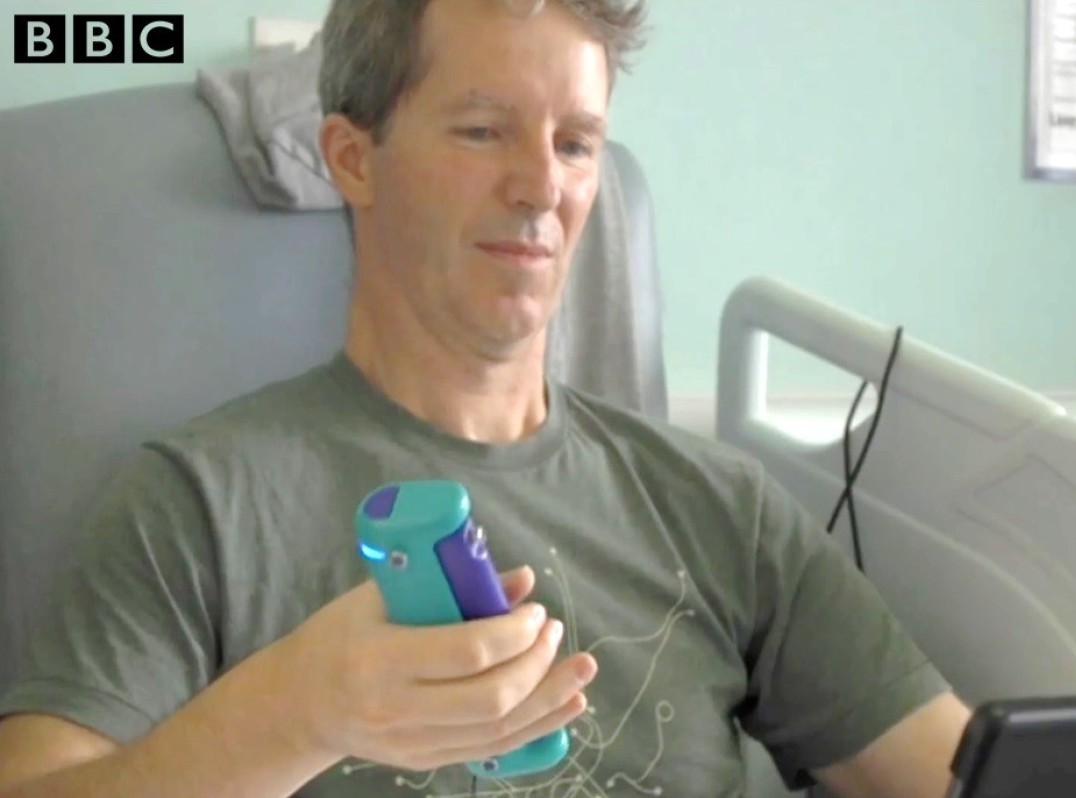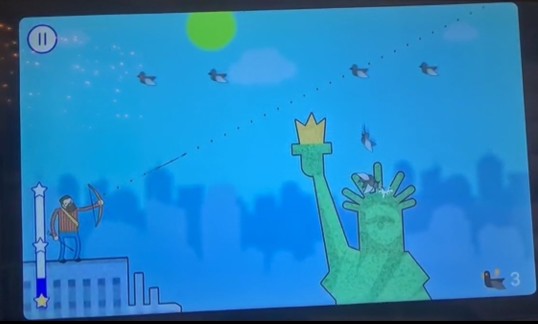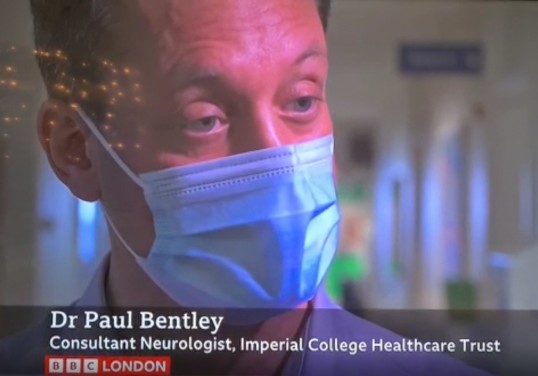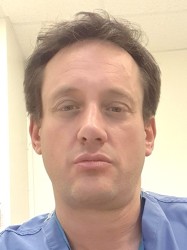Summary
Paul Bentley is Clinical Director of the Imperial College Network Of Excellence in Rehabilitation Technology; Senior Lecturer; and Consultant Neurologist within Brain Sciences, Imperial College London. After training at Cambridge and UCL, he undertook a research fellowship in Psychology Dept, Harvard, and a PhD in Cognitive Neuroscience at UCL. He is the first UK neurologist to have been dually-accredited in stroke medicine by the Royal College of Physicians. Awards include: UK Government National Clinical Impact Award; UK Stroke Association Fellowship; Dept. of Health 'New Blood' Lectureship Award; NHS England Innovation Prize; UK Stroke Forum Prize; Association of British Neurologists Prize. He leads a NIHR-funded project developing the world's first "social network" of online interactive rehabilitation; and is the Clinical Founder of a university spinout for exercise-gaming physiotherapy (Gripable).
Research
In case you havent noticed, Healthcare (and everything else in society) is in the grips of a Technological Revolution. Our group apply latest advances in wearables, sensors, smart-devices, robotics and AI, towards improving diagnosis, prediction, monitoring, treatment and cost-efficiency. We work closely with world experts in Bioengineering and Data Science, to ensure that technical innovation is focused towards the most pressing clinical challenges. Particular interests are neuroimaging, behavioural monitoring, and physical exercise.
Notable achievements include:
1. Inventing a low-cost, portable gaming device enabling disabled people who need physiotherapy to exercise at home. The device increases exercise intensity in a broad range of patient types, without requiring extra professional supervision. The device is now used by >350 centres worldwide and >8000 patients (See: The Sun Article; The Mirror Feature; BBC News Feature. (In collaboration with Human Robotics Group, Imperial College).
2. Developing automated imaging analytic algorithms that quantify stroke and dementia severity using the most widely used type of brain scan (CT). The method is used by international registries of stroke treatment e.g. HERMES. Acknowledged in: Lancet Editorial - Research Highlights 2018 (ref. #1); Chief Medical Officer, UK Government, Annual Report (pp.205, ref#21). (In collaboration with Medical Imaging Analysis Group, Imperial College).
3. World-first trial of immunoselected CD34 stem cells in stoke, delivered directly to the brain. See: Telegraph Article; Guardian Article; Washington Post.
4. Demonstrating that paralysis after stroke is caused by damage not just to "movement" parts of the brain (i.e. motor) but also the "thinking" parts of the brain (i.e. executive) (see PNAS article).

BBC News feature on Gripable. 2022


Selected Publications
Journal Articles
Broderick M, Almedom L, Burdet E, et al., 2021, Self-Directed Exergaming for Stroke Upper Limb Impairment Increases Exercise Dose Compared to Standard Care, Neurorehabilitation and Neural Repair, Vol:35, ISSN:1545-9683, Pages:974-985
Formstone L, Huo W, Wilson S, et al., 2021, Quantification of motor function post-stroke using wearable inertial and ,echanomyographic Sensors, IEEE Transactions on Neural Systems and Rehabilitation Engineering, Vol:29, ISSN:1534-4320, Pages:1158-1167
Auepanwiriyakul C, Waibel S, Songa J, et al., 2020, Accuracy and acceptability of wearable motion tracking for inpatient monitoring using smartwatches, Sensors, Vol:20, ISSN:1424-8220
Chen L, Carlton Jones AL, Mair G, et al., 2018, Rapid automated quantification of cerebral leukoaraiosis on CT: a multicentre validation study, Radiology, Vol:288, ISSN:0033-8419, Pages:573-581
Rinne P, Hassan M, Fernandes C, et al., 2018, Motor dexterity and strength depend upon integrity of the attention-control system, Proceedings of the National Academy of Sciences of the United States of America, Vol:115, ISSN:0027-8424, Pages:E536-E545
Chen L, Bentley P, Rueckert D, 2017, Fully automatic acute ischemic lesion segmentation in DWI using convolutional neural networks, Neuroimage: Clinical, Vol:15, ISSN:2213-1582, Pages:633-643
Rinne P, Mace M, Nakornchai T, et al., 2016, Democratizing Neurorehabilitation: How Accessible are Low-Cost Mobile-Gaming Technologies for Self-Rehabilitation of Arm Disability in Stroke?, PLOS One, Vol:11, ISSN:1932-6203
Banerjee* S, Bentley* P, Hamady M, et al., 2014, Intra-Arterial Immunoselected CD34+ Stem Cells for Acute Ischemic Stroke, Stem Cells Transl Med, Vol:pii: sctm.2013-0178. [Epub ahead of print]
Rinne P, Hassan M, Goniotakis D, et al., 2013, Triple dissociation of attention networks in stroke according to lesion location, Neurology, Vol:81, ISSN:0028-3878, Pages:812-820

